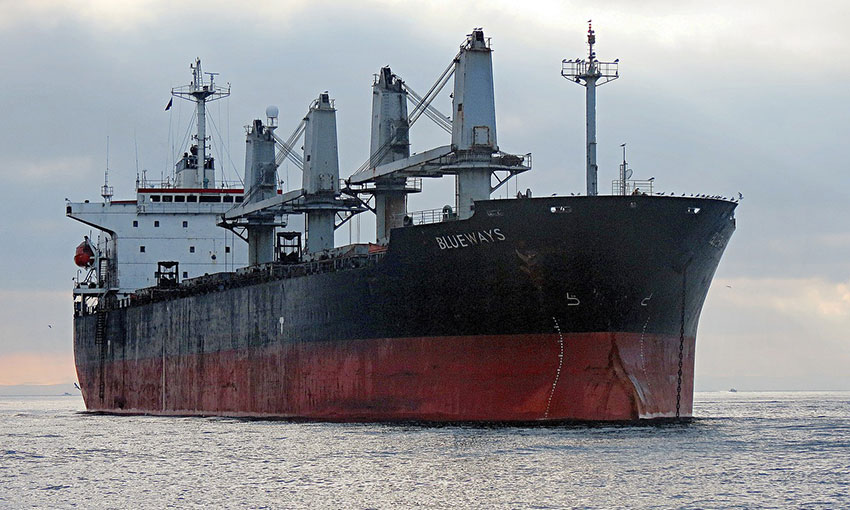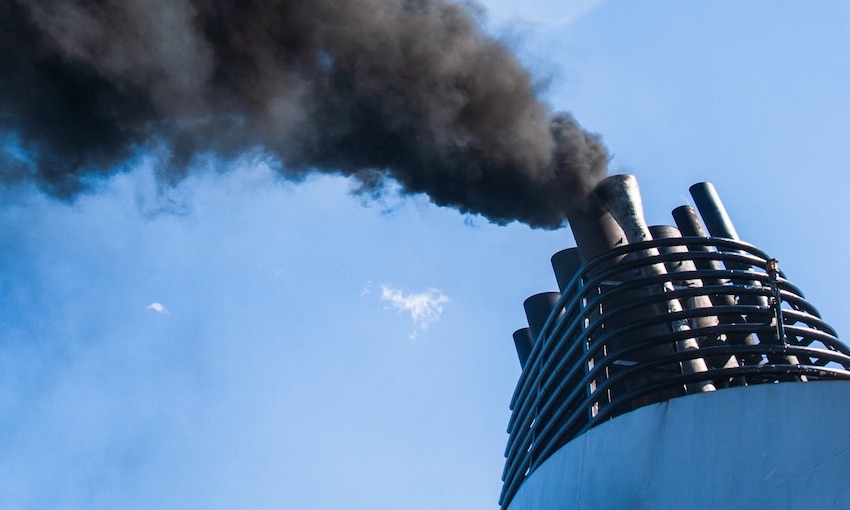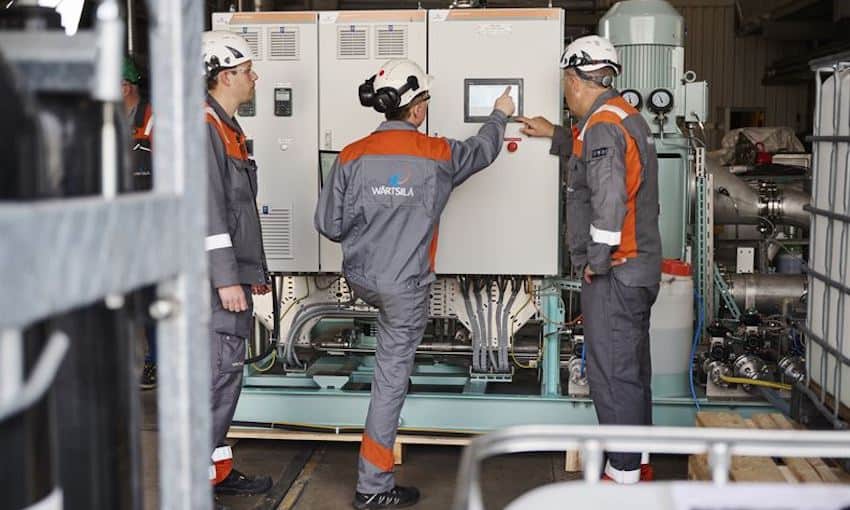THE CLAEN Energy Ministerial has adopted the Clean Energy Marine Hubs Initiative (CEM-Hubs) at a summit in Goa, India.
The platform brought together the private sector and governments across the energy-maritime value chain to transform maritime transportation and production hubs for future low-carbon fuels.
The CEM-Hubs initiative is initially backed by Canada, Norway, Panama, Uruguay and the United Arab Emirates, in partnership with the International Chamber of Shipping (ICS), and the International Association of Ports & Harbors (IAPH).
The CEM Hubs initiative is a partnership that’s jointly led by private sector and governments working in close collaboration.
According to a statement from the ICS, the energy maritime value chain is far from ready to transport the influx of low-carbon fuels that are expected between now and 2050.
To accommodate demand, the shipping industry is expected to transport at least 50% of all traded low carbon fuels by 2050, according to the International Renewable Energy Agency (IRENA). But the production centres, vessels and port infrastructure required to accommodate expected demand do not currently exist at commercial scale.
So far only one ship in the whole global fleet has been piloted to transport liquefied hydrogen: Suiso Frontier, which travelled from Victoria to Japan.
For hydrogen derivates such as ammonia and other low-carbon fuels moved by ships, the scale is far from what heavy industries, transport, and other sectors would require, according to the ICS.
To support the global transition to net-zero targets, shipping is expected to transport between two and up to five times the low-carbon fuels it will consume by 2050. The mix of fuels that shipping moves will also need to change to be aligned to the Paris Agreement.
Participants have convened in Goa for the first ever CEM-Hub meeting. The initiative was adopted less than a year after it was first presented, in an unprecedented move by the Clean Energy Ministerial (CEM) that reflects the immense scale of the problem and urgency to establish solutions. The CEM-Hubs initiative and progress will be featured at the next COP28 in Dubai.
Canadian minister of transport Omar Alghabra said: “This vital initiative will reinforce the pivotal role our ports and marine sector will play in advancing the global energy transition. By facilitating the secure and efficient transportation of new clean energy resources, including hydrogen, ammonia, and renewable diesel produced right here in Canada, we are taking significant steps towards a sustainable future on a global scale.”
Lloyd’s Register CEO Nick Brown said: “Many nations throughout the world are committed to reducing greenhouse gas emissions and will rely on shipping to access clean energy to power their national grids, as well as enabling mobility of goods and people. Green energy, such as hydrogen and ammonia, will not always be consumed in the same countries where it is produced, making it impossible to tackle the climate emergency without shipping. We welcome the formal creation of the CEM Hubs, which will allow the shipping industry to proactively cooperate with international governments to ensure that new supply chains of clean energy become a reality.”
ICS secretary general Guy Platten said: “The momentous speed at which the CEM Hub initiative has been adopted speaks volumes to not only the scale of the challenge before us and the urgency to act, but also the economic opportunity low-carbon energy production offers – particularly to developing economies. For first movers it presents a golden opportunity to develop an industry that will catalyse economic growth and prosperity and provide energy stability for their citizens.”





